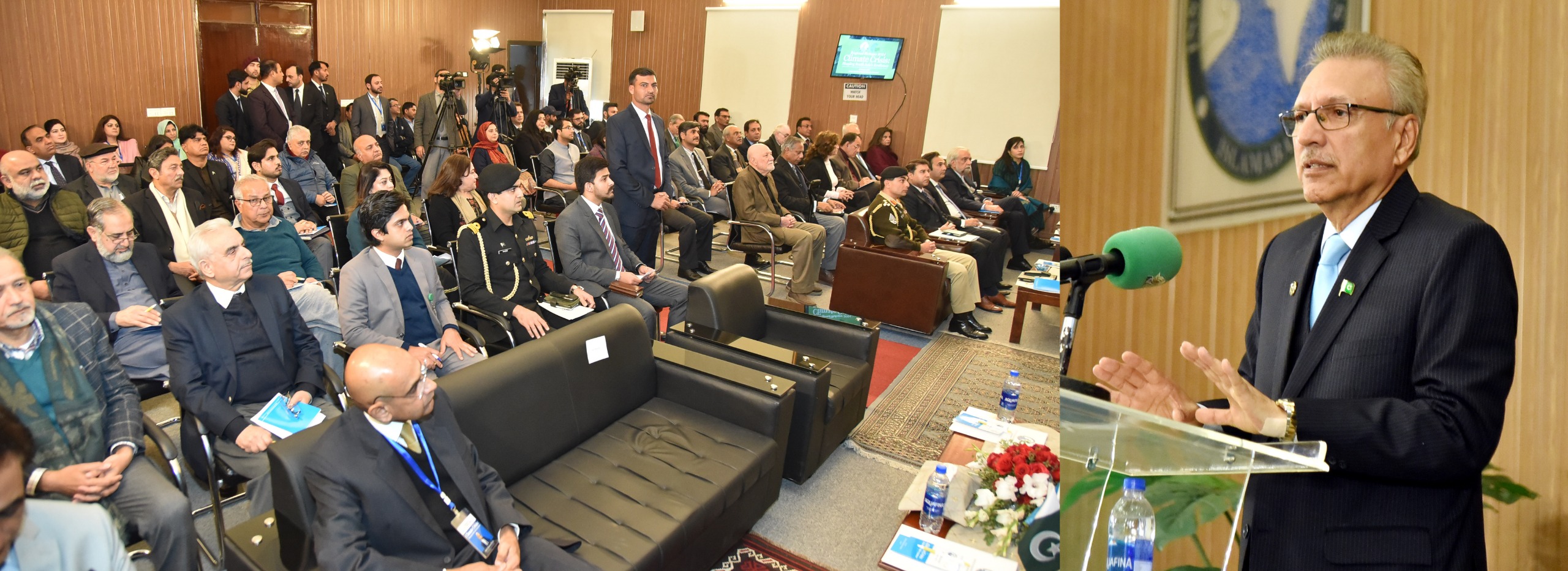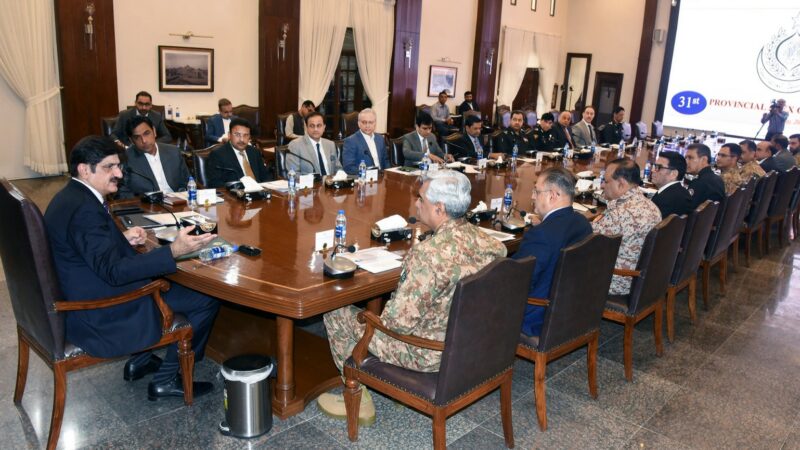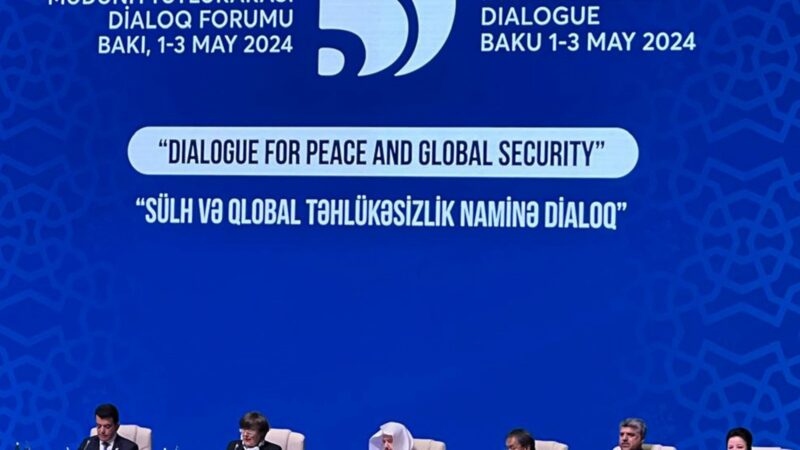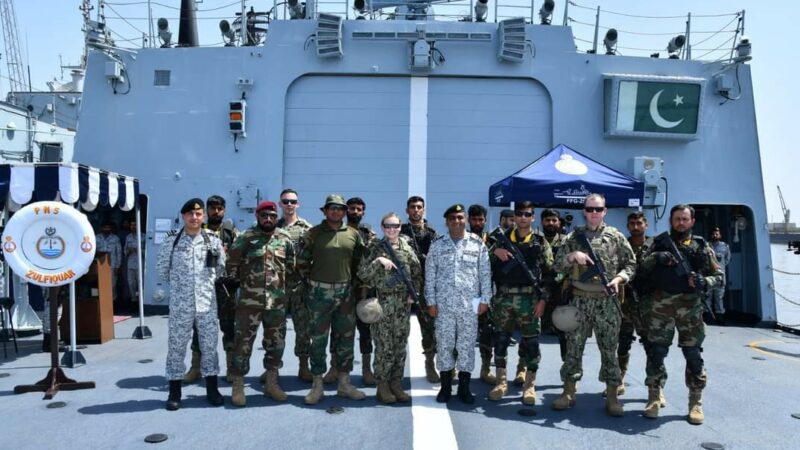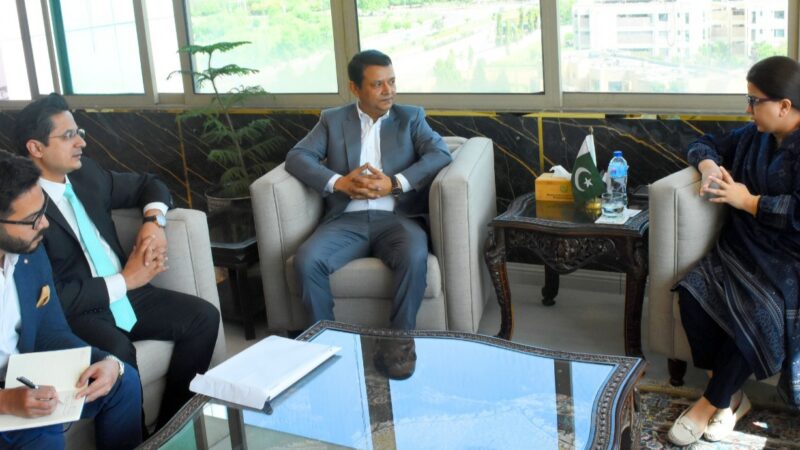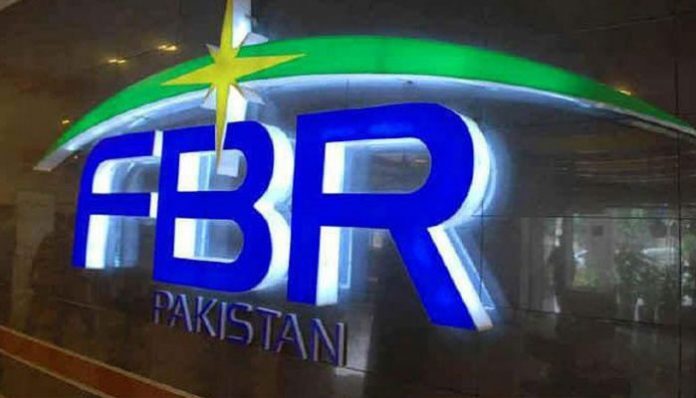ISLAMABAD, President Dr Arif Alvi on Tuesday citing the abundance of natural resources, said that adopting modern agricultural technology and effective decision-making were inevitable for Pakistan to cope with the challenge of climate change. The president, in his inaugural address at the Regional Dialogue 2024 on “Climate Crisis: Shaping South Asia’s Resilience” arranged by the Institute of Regional Studies, said that Pakistan was rich in water, renewable energy potential and other resources but it direly needed a driving force to implement the decisions and make it compete with the world. He told the gathering of former diplomats, academicians and researchers that Pakistan had around 150 million acre-feet of water which was sufficient to meet its needs if modern agriculture techniques like spray and drip irrigation were adopted and flood irrigation was done away with. Emphasising the implementation of national water policy and other relevant legislation, he said a pricing mechanism could also lead to water conservation. He said around 400 million gallons per day of water in Karachi was drained into the sea through sewerage which was a criminality. He also highlighted the use of prohibited nets by the fishermen which also swept small fish resulting in a huge loss of marine life. He said due to the very reasons, Europe was not allowing fish import from Pakistan. The president exemplified the Netherlands which was the second largest food supplier on earth despite being 19 times smaller in size than Pakistan and not having such an abundance of water similar to Pakistan. Similarly, Vietnam has taken its fishery exports to around $10 billion per annum by adopting international standards and techniques, he added. He said by pushing the farmers to adopt modern agriculture technology, Pakistan could also feed the world. He recalled Pakistan’s successes in fighting COVID-19 through a data-based approach and national unity and said that the world would follow its footprints if the country set such an example as it had also achieved recognition through massive tree plantation. He said the energy the sun provided to the earth every day was many times higher than the world’s annual production. The president lauded the role of think tanks in carrying out research works but urged them to market their products to make the policymaker benefit from them. He said that technology was achieving unprecedented progress while human intellectual power was on the decline. The world was being run by vested interests, making humanitarianism the biggest victim, he added. Earlier, the IRS President Ambassador Nadeem Riaz in his introductory remarks, said the Regional Dialogue was the annual flagship event of the Institue which attracted ambassadors, policymakers, researchers, strategists and academicians from Pakistan and abroad. Established in 1982, the IRS was focused on regional countries including India, China, Iran, Afghanistan, and South Asia, cyber security and other challenges. The Institute had 42 national and international collaborations and has been providing insight to policymakers and strategists through its research work, he added. He said South Asia was the most vulnerable region the climate change threats which posed risks to its ecosystem, food security and energy.
Modern agri technology, effective decision making vital to cope with climate change challenge: President.
